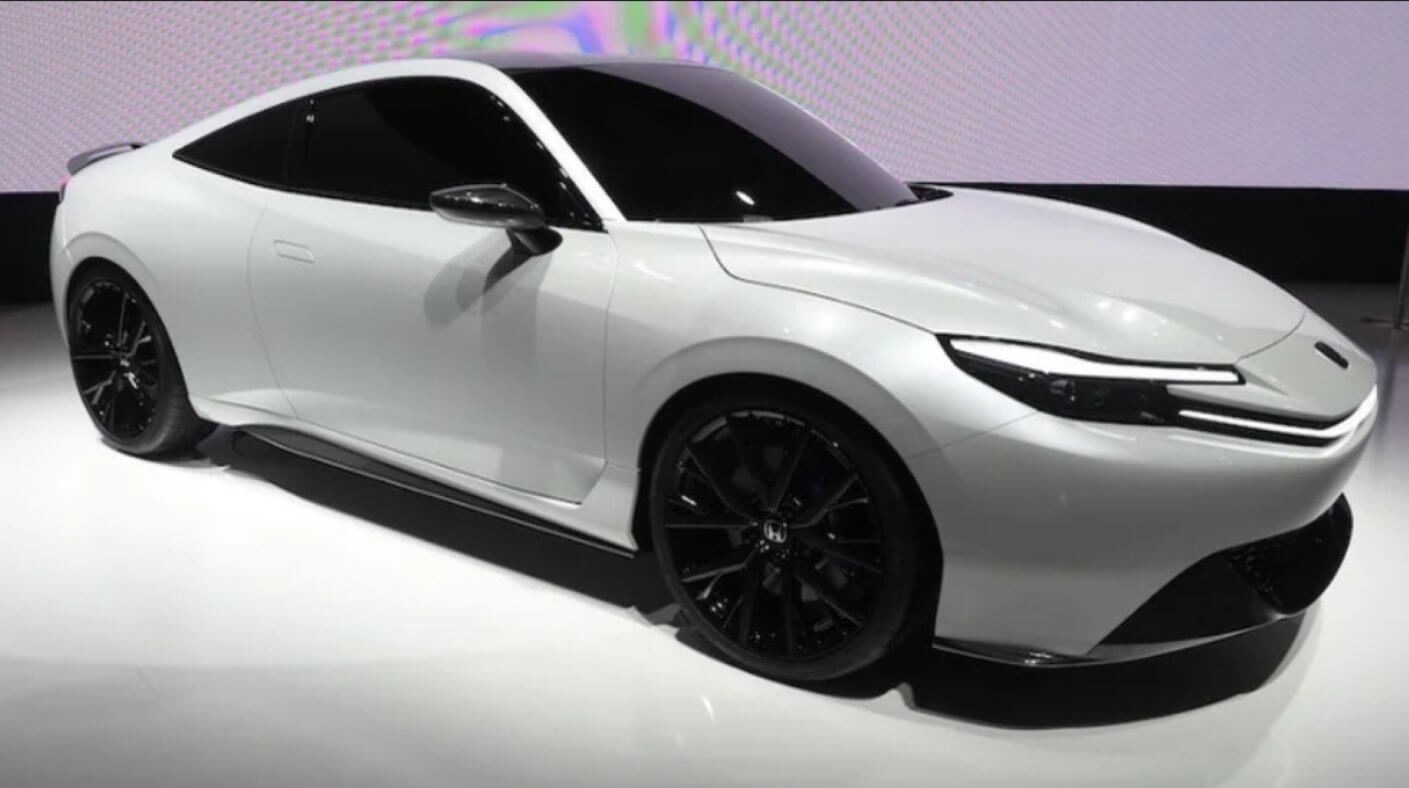Across the country, preparations are already underway to implement the “Regulation to amend the Regulation respecting greenhouse gas emissions by passenger automobiles and light trucks”. The name is complex, but the objective is simple: to reduce combustion vehicle sales to zero by 2035. In fact, the Quebec government recently announced that it will unveil details of a ban on the sale of gasoline-powered vehicles on its territory this fall. Whether you agree with this measure or not, the future of the automotive market looks set to be very different indeed.
What can we expect?
The delay of more than a decade between the introduction of the draft regulations and their entry into force is the key to their success, at least according to the various levels of government. Indeed, over the remaining ten years or so, various measures will be put in place to stimulate supply and demand in the electric vehicle market. According to current data, the price of EVs should approach that of combustion vehicles by the end of the decade. The federal government is committed to encouraging this drop in prices to ensure the greatest possible savings for EV buyers.
It should be remembered that the aim of these regulations is first and foremost ecological. In Quebec, for example, over 40% of greenhouse gas emissions are directly linked to the transportation sector. It's no doubt for this reason that the CAQ government hopes to see no fewer than two million EVs on Quebec roads by 2030, by which date it has also pledged to reduce the province's emissions by 37.5%. Through incentives and strict bans starting in 2035, he hopes to encourage the population to turn to zero-emission individual transportation options.
What about the market?
Fortunately, car manufacturers are already preparing for such legislation. After all, Canada is not alone in its desire to ban the sale of combustion vehicles within the next decade. European countries such as Germany, Norway and Greece have announced their intention to adopt similar legislation by 2030. Many giants of the automotive world have therefore decided to take the bull by the horns, promising a 100% electric range. Jaguar, for example, has ceased production altogether and should be back in green mode by the end of 2025. Some are a little less optimistic, such as GM, which promises to retire all its combustion vehicles by 2040.
In the world of tires, EV enthusiasts are already well served by the large number of specialized products marketed by most of the major manufacturers. Pirelli's Elect range, for example, is a good example of the efforts made by tire manufacturers to offer stronger, more efficient models specifically for EVs. Make sure you get all the information you need, because soon it'll probably be your turn to go zero-emission!





